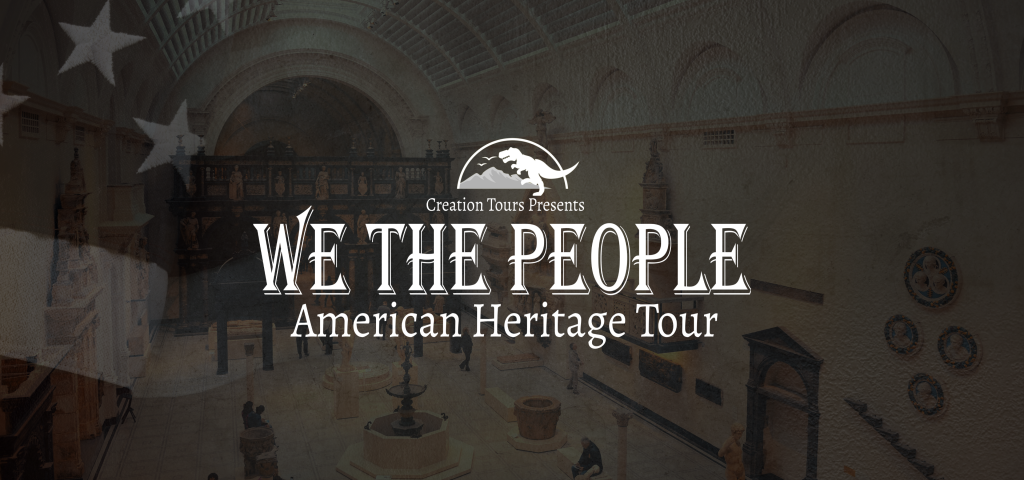Ever feel in over your head? At his farm a long time ago, my cousin asked me if I would like to ride one of his horses. Sensing the adventure, I said “Sure.” Then he looked me in the eye as if it was important, and asked, “Do you know how to ride a horse?”
I had no idea how to ride a horse, but had seen plenty of Westerns and managed to sell him. No sooner had I settle into the saddle, when the beast took off on its own. The horse knew what my cousin didn’t.
Over the creek we flew, through the neighbor’s asparagus, and down a country road, with me clinging to the saddle horn for dear life. Ahead was an old farmhouse with pic-nic tables, elderly people and a big oak tree right in the middle of the front yard. The old folks scattered, their walkers never touching ground. A chair or two tipped over, but unfazed, the tree stayed right where it was. My horse headed straight for its large brown trunk. Soon I could make out the fine detail in the rapidly approaching bark. I pondered which side of the tree this horse might pass since he was paying no heed to my pulls, yanks or jerks on the reins. I didn’t have a strong preference of sides, but I was hoping he’d pick one soon.
At that moment I heard another set of galloping hooves behind me. It was my cousin who had jumped on another horse the moment mine bolted and caught up to us. Grabbing my reins, he gave an authoritative pull, and yelled “Whoah Bronco!”
I had gotten myself in over my head and my cousin came to my rescue.
Thinking back on that experience today, several good lessons come to mind.
1) What had gotten me into this predicament in the first place? It was pride. I was too proud to admit that after years of closely studying the technique on Bonanza, I still had not genuinely mastered the art of riding. I thought I knew more than I really knew. My knowledge was not based on fact, but on fantasy. And I was too stubborn to research the truth, as it might threaten my already established and comfortable paradigm.
2) What I thought was a controllable situation turned out not to be controllable at all, at least not by me. It was controllable by someone else, but I did not enlist the help of that person voluntarily, or keep him close by my side so that I could call his name in time of need. I took off without him, along a path that seemed right to me, but in the end lead only to danger.
3) My savior came from a direction I did not expect. I turned over the reins of control to him, without argument, without doubt and without hesitation. I knew I needed him and this was no time to analyze his credentials. I needed help. And he was there to give it.
Now when I talk to people who “think” they have it all under control, I tell them that story. Most can’t or won’t relate. But I know they will never outrun the one who pursued me. One day perhaps, they’ll turn over their reins as I did.


